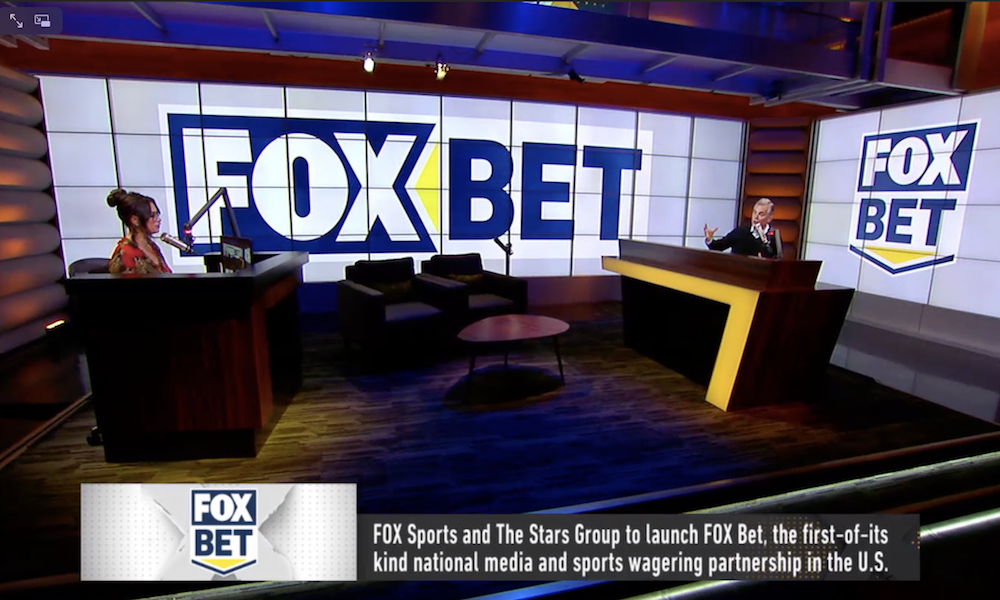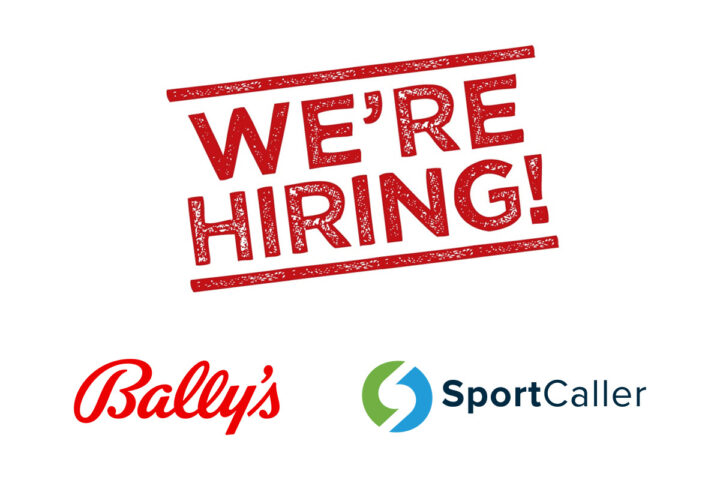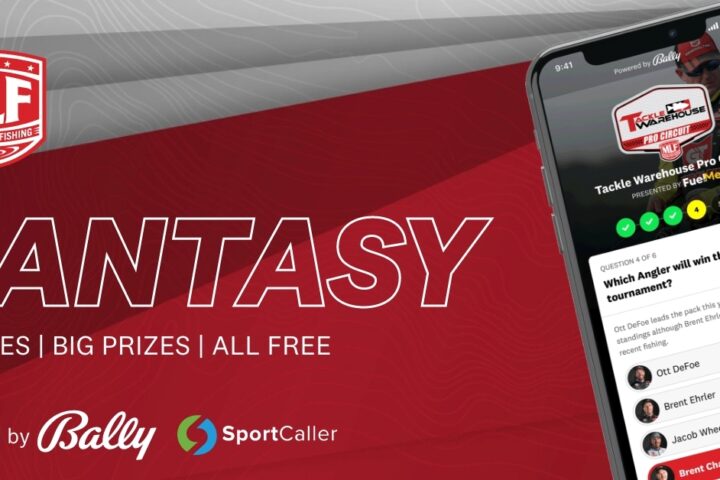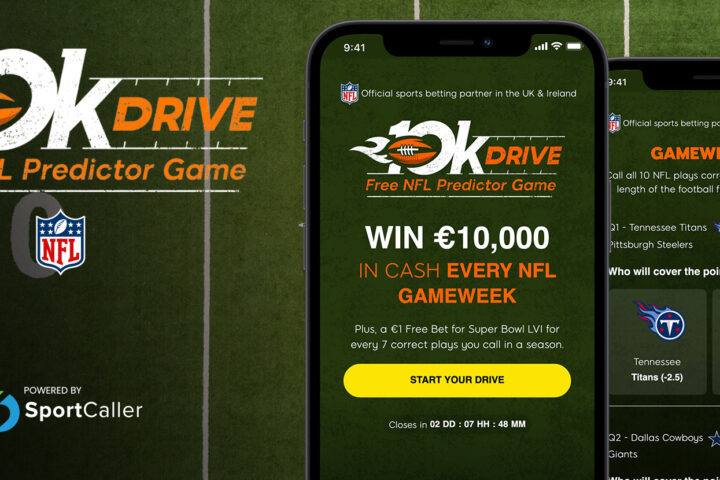A recent partnership with the Stars Group sees media giant Fox Sports making a move into the sports betting market, through the creation of Fox Bet. The news that Fox Bet will be also be delivering a Free-to-Play (FTP) game in their launch – to coincide with the forthcoming NFL and NBA seasons – suggests that FTP is now being considered a basic sports betting product requirement in the US.
Fox Bet’s FTP offering will be looking to replicate the great UK success of Sky Bet’s weekly Premier League soccer prediction game, Pick 6. The Pick 6 format is very simple: players predict the correct results of six fixtures to win a jackpot – with the Sky TV announcing winners as they progress, during their weekend sports broadcasts.
Despite the simplicity of the game, there is no guarantee that importing the model wholesale into the US market for the NFL and NBA will replicate Pick 6’s UK success.
As SportCaller MD Cillian Barry was recently quoted in US industry publication PlayUSA.com:
“A copy and paste of Super 6 won’t be enough in the US where there is a much more fragmented sports landscape with a greater regional focus. They will need to take a hyper-local approach with a long tail of free-to-play products across sport, state, team, college, even perhaps by player.”
In the UK, there has been a dramatic move toward FTP games as sportsbooks face increased regulation and the unsustainable costs associated with awarding free bets and offering enhanced odds to retain customers.
“Sky Bet led the way, and others followed, showing that a simple game format can bring in good quality customers and keep them coming back,” Barry says. “Free-to-play is also proving highly effective at cross-selling, whether operators want to move customers from soccer to other sports or encourage and educate a casino or poker customer around the basics of sports betting.”
In addition to FTP’s proven low-cost customer acquisition and retention benefits internationally, it possesses benefits specific to a newly regulating sports betting market, such as the US, by:
• Providing an educational tool in relation to betting mechanics and parlaying a bet without the player losing any real money
• Being acceptable in states in which real-money wagering is not yet permitted
• Having the capacity to bridge the gap between fantasy sports and live betting
• Being flexible in relation to their level of integration with an operator’s online sportsbook: providing a fully integrated, seamless live bet conversion pathway for new betters in states like New Jersey – but a much lighter degree of integration in states yet to license, or ones that have licensed but with greater restrictions.
However, it would be risky to assume that carbon copies of successful UK games will gain the same sort of traction in the US without considering the unique and highly fragmented nature of the US market.
Read more in the PlayUSA.com article.



